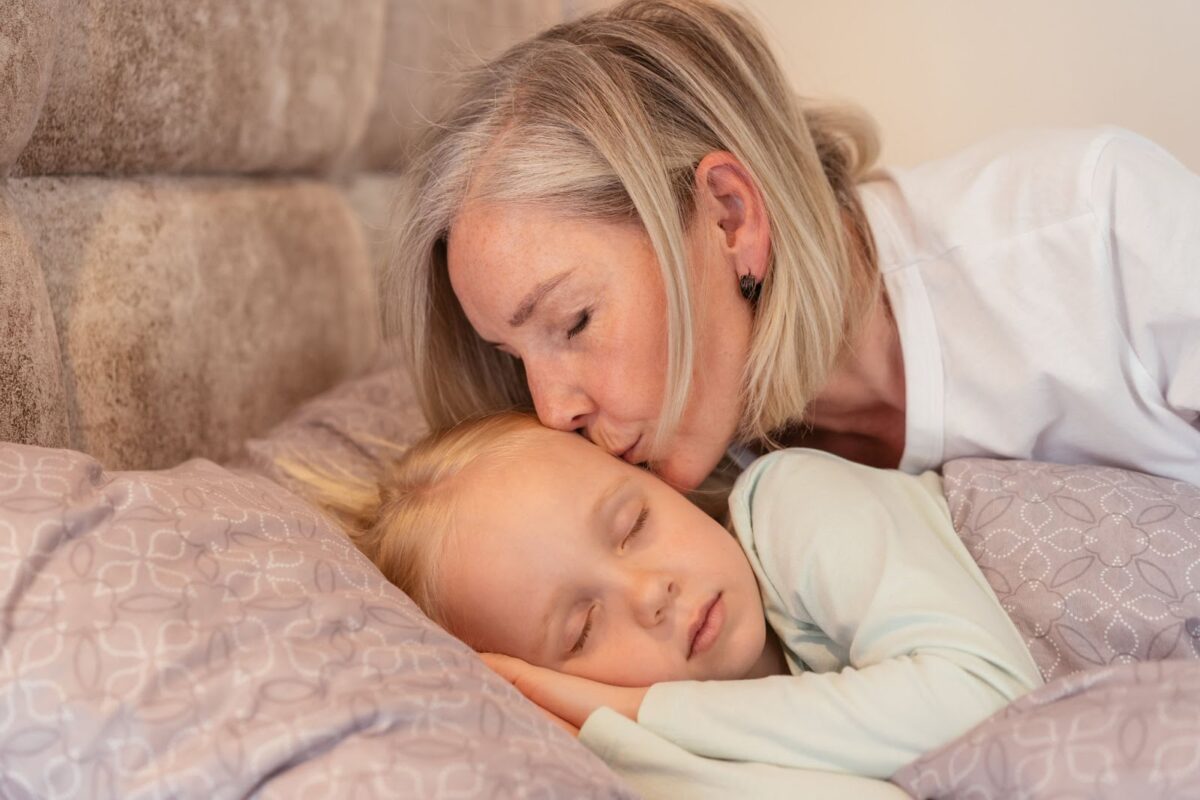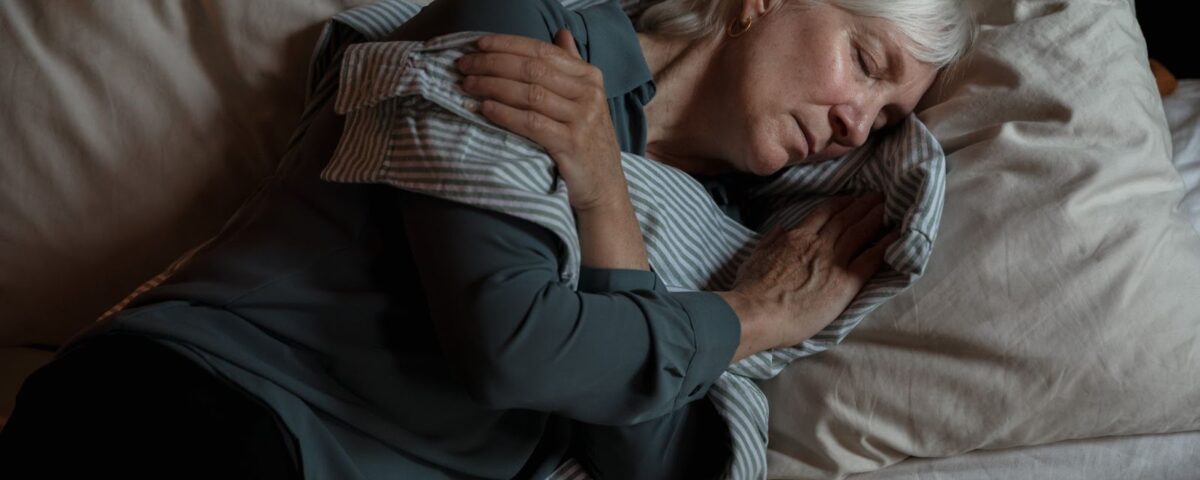Experiencing changes in sleep patterns is a common aspect of aging, but when it comes to sudden excessive sleepiness in elderly people, it raises both concern and curiosity.
Remarkably, about 20% of older individuals suffer from pronounced daytime sleepiness, a condition that not only affects their quality of life but also signals underlying health issues.
This article aims to shed light on the causes and solutions for this phenomenon, offering insights for both elderly individuals and their caregivers.
Understanding why and how this excessive sleepiness occurs is crucial in seeking appropriate medical advice and implementing practical solutions to enhance the well-being and daily functioning of our senior population.
Let’s dive in!
What is Sudden Excessive Sleepiness in Elderly?
Sudden excessive sleepiness in the elderly, medically termed as ‘hypersomnia,’ refers to the condition where an individual experiences overwhelming drowsiness during the day, often leading to prolonged naps and difficulty in maintaining alertness. Unlike the usual tiredness that comes with aging, this sleepiness is abrupt, severe, and disrupts daily activities. It’s not just about needing more sleep – it’s about an uncontrollable urge to sleep at times when one needs to be awake.
This condition is distinct from the normal changes in sleeping patterns seen in older adults, such as earlier bedtimes or waking up early.
It can be a symptom of various medical conditions, some of which may require immediate attention.
The impact of sudden excessive sleepiness is profound, influencing the elderly’s cognitive functions, emotional well-being, and overall quality of life. Recognizing this condition is the first step towards seeking appropriate care and treatment.
Why do Elderly People Suffer More from Sleepiness?

Source: Pexels
The prevalence of excessive sleepiness in the elderly can be attributed to several factors, both physiological and environmental.
As we age, changes in our brain structure and function can alter our sleep patterns. The body’s internal clock, or circadian rhythm, that regulates sleep, tends to shift, causing older adults to feel sleepy earlier in the evening and wake up earlier in the morning.
Additionally, medical conditions prevalent in the elderly, such as sleep apnea, restless leg syndrome, and diabetes, can significantly disrupt sleep. Medications commonly prescribed to seniors, including those for high blood pressure or depression, also have side effects that contribute to drowsiness.
Lifestyle factors like lack of physical activity, poor diet, and social isolation can exacerbate this issue. Understanding these causes is essential in addressing the root of the problem and finding effective solutions.
How to Improve Symptoms of Sudden Excessive Sleepiness in Elderly

Source: Pexels
Alleviating symptoms of sudden excessive sleepiness in the elderly involves a multi-faceted approach.
Firstly, it’s crucial to consult with a healthcare professional to identify any underlying medical conditions. Treatment for conditions like sleep apnea or restless leg syndrome can significantly improve sleep quality.
- Lifestyle
Lifestyle modifications play a significant role as well. Establishing a regular sleep schedule, ensuring a comfortable sleep environment, and engaging in light physical activities can help regulate sleep patterns.
- Nutrition
Nutrition also plays a crucial role; a balanced diet rich in fruits, vegetables, and whole grains can improve overall health and sleep quality.
- Mind-body practices
Mind-body practices such as yoga and meditation have shown promising results in improving sleep. These practices not only enhance physical relaxation but also reduce stress and anxiety, which are common culprits behind sleep disturbances in the elderly.
It’s also important to review and manage medications under a doctor’s guidance. Some medications might be contributing to sleepiness, and adjusting dosages or switching drugs can make a significant difference.
Social engagement and mental stimulation are equally important. Activities that keep the mind active and encourage social interaction can help maintain a regular sleep-wake cycle and improve overall well-being.
Read More: Side Sleeper Shoulder Pain? How to Fix It and Why
Tips for Caregivers Managing Elderly Sleep Issues
Caring for an elderly individual with sleep issues can be challenging, but with the right strategies, caregivers can significantly improve their loved one’s sleep quality and overall well-being. Here are some practical tips:
- Establish a Consistent Sleep Schedule: Encourage a regular sleep-wake cycle by maintaining consistent times for going to bed and waking up. This regularity can help stabilize their internal clock.
- Create a Comfortable Sleep Environment: Ensure the bedroom is quiet, dark, and at a comfortable temperature. Consider using blackout curtains and white noise machines if necessary.
- Monitor Diet and Fluid Intake: Avoid heavy meals, caffeine, and alcohol close to bedtime. Also, manage fluid intake in the evening to reduce nighttime trips to the bathroom.
- Limit Daytime Naps: While short naps can be beneficial, long or late-afternoon naps can interfere with nighttime sleep.
- Stay Informed and Patient: Keep yourself informed about the changes in sleep patterns with aging and remain patient. Managing sleep issues can be a gradual process.

Frequently Asked Questions on Sudden Excessive Sleepiness in Elderly
- What does it mean when an elderly person sleeps all the time?
If an elderly person is sleeping excessively, it might indicate underlying health issues such as depression, sleep apnea, or a side effect of medications. It’s essential to consult with a healthcare provider to rule out medical conditions and to ensure appropriate interventions are in place.
- What causes excessive daytime sleepiness?
Excessive daytime sleepiness in the elderly can be caused by a range of factors, including sleep disorders like sleep apnea, medication side effects, chronic illnesses, and psychological factors like depression and anxiety.
- How much sleep does a 90-year-old need?
A 90-year-old typically needs about 7-8 hours of sleep per night, but this can vary. The quality of sleep is often more important than the quantity at this age.
- What is the most common sleep problem in the elderly?
The most common sleep problem in the elderly is insomnia, which includes difficulty falling asleep, staying asleep, or waking up too early and not being able to get back to sleep.
Disclaimer: The information provided in this article is for informational purposes only and is not intended to substitute for professional medical advice, diagnosis, or treatment.


